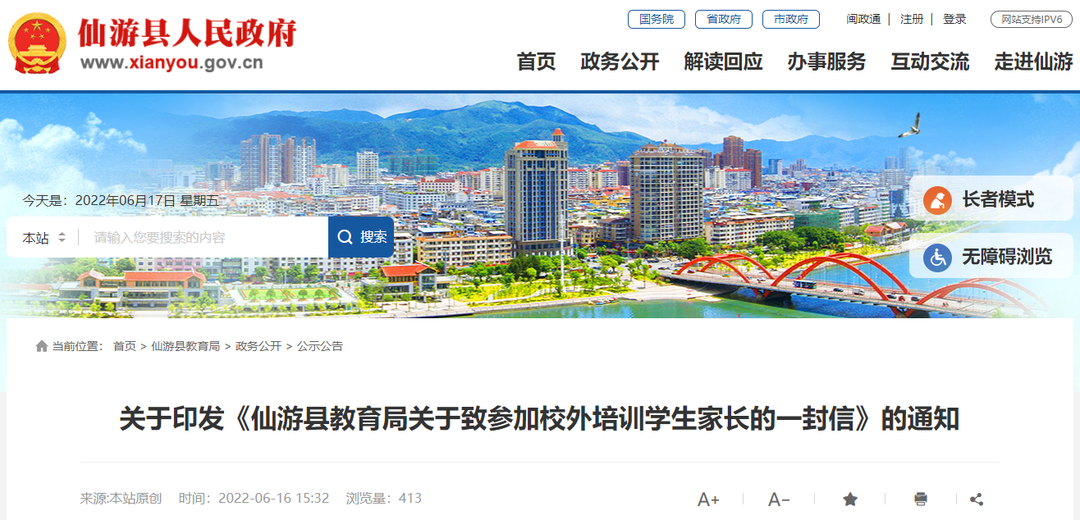Building the first line of defense to prevent false information at school
Author:China Social Sciences Network Time:2022.07.04
With the widespread application of online platforms, false information has become one of the problems that plagued people in South Africa. On June 29, the "Dialogue" online published published by Dani Madrid-Morales, a lecturer in the Media University of Shefield University in the United Kingdom, and Herman Wo, a professor at the Film and Media Research Center of Cape Puton University in South Africa, The article written by Herman Wasserman puts forward that only by improving the level of the people's media literacy can we truly reduce the spread of false information.
According to the article, more than 75%of South Africa people say they often encounter false political news; more than 80%of South Africa people believe that false information has become a problem that South Africa needs to be solved. Although the government has been studying the strategy of fighting false information, such as pressure on online platform companies and strengthening government supervision, the results are not obvious. Therefore, research believes that it is necessary to start from the people themselves, improve the media literacy of the people, and enhance their ability to identify and filter false information.
Madrid-Morales said media literacy refers to the ability of critical reading media text. However, the current knowledge about media literacy is scattered in different disciplines, which means that it is difficult for the general public to systematically grasp the knowledge about ensuring network security and verifying the source of information.
Madrid and Morales and Vosaman also discovered that there are differences in the relevant media related knowledge of different levels of educators at different levels. For example, high school educators are more inclined to introduce to learners how to use different media devices to find reliable sources of information; university educators pay more attention to how to criticize information collected from the media. In short, the school is the first line of defense to curb the false information of the Internet.
However, in the practice stage, researchers have found that there are many obstacles to improving the media literacy education of the public, such as serious inequality in obtaining digital equipment and online resources. In addition, the diversity of South African languages leads to more time to develop media literacy materials for different languages. In addition, the training of educators is also seriously inadequate, and not all teachers have sufficient media literacy knowledge and skills.
In order to strengthen South Africa's media literacy education, researchers have suggested that they should pay attention to the differences in obtaining resources in different schools and the language used by different places to formulate learning materials suitable for the region. In view of the higher popularity of mobile phones in South Africa, South African media literacy education can emphasize the use of mobile phones as learning tools. When formulating a national media literacy course, the education departments of all provinces can be invited to participate in it, while stimulating the enthusiasm of educators and false information inspection departments to check information verification.
Source: China Social Science Network-Journal of Social Sciences of China
Author: Zhao Qi/Compilation
- END -
Graduation Season | Li Geng: When the beginning of the heart is like the road, the mountain high road is far away and then set off again

Wisteria flowersWith a bang, a few years of loveA treasure, but ask a bit of hard ...
The latest notice of Xianyou County Education Bureau!

The semester test is approaching, the summer vacation is approachingXianyou County...